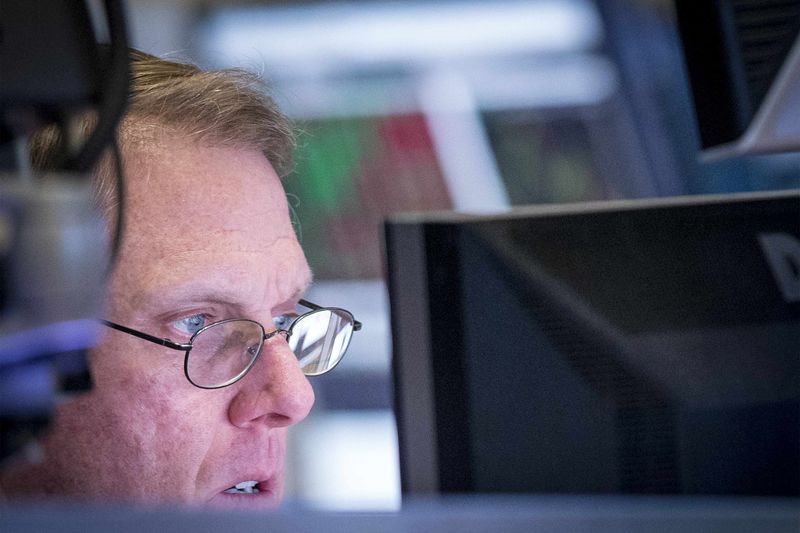Quiver Quantitative - The story of Lyft (LYFT)typo and its impact on the stock market is a remarkable tale of market dynamics and investor reactions. Sinisa Sorgic, a manager at Bright Trading, found himself in a tense trading scenario when Lyft’s shares surged 50% post-market due to a typo in the company's earnings release. The release mistakenly predicted a 500-basis point jump in operating margins, which was later corrected to 50 basis points. Sorgic, sensing an overreaction, shorted the stock at around $16. However, as shares continued to climb, peaking above $20, he faced a potential significant loss.
Sorgic's situation highlights the volatility and unpredictability of stock trading, especially in reaction to corporate announcements. The error in Lyft’s earnings report temporarily inflated the company's market value, demonstrating the swift impact of information, accurate or not, on investor behavior. The correction of the typo brought the stock back down, enabling Sorgic to cover his position with a modest profit, underlining the rapid shifts that can occur in the stock market.
Market Overview: -Lyft's earnings release error triggers 60% stock surge in after-hours. -Short seller enters at $16, faces potential $2,000 loss as price spikes. -CFO corrects typo during analyst call, sending shares crashing back. -Trader exits with small profit, avoiding disaster but admitting embarrassment.
Key Points: -Typographical error in earnings release sparks short squeeze like rally. -Quick correction highlights dangers of trading on volatile information. -Incident underscores importance of verifying market movements.
Looking Ahead: -Scrutiny on potential impact of typos and misstatements in corporate filings. -Focus on internal controls and information dissemination practices at Lyft. -Importance of risk management and emotional control in high-pressure trading.
This incident raises questions about the reliability of corporate disclosures and the rapid responses of traders to such information. It underscores the importance of accurate and timely information in financial markets, where even a small typo can lead to substantial market movements. The Lyft typo case serves as a cautionary tale for traders and investors alike, emphasizing the need for diligence and the risks inherent in reacting to market news.
In conclusion, Lyft 's earnings typo and its aftermath offer a unique insight into market psychology and the influence of corporate communications on stock prices. The episode exemplifies the challenges traders face in a market that can be swayed by a single piece of information, accurate or not. It's a reminder of the high-stakes environment of stock trading, where fortunes can shift in minutes based on the flow of information.
This article was originally published on Quiver Quantitative
